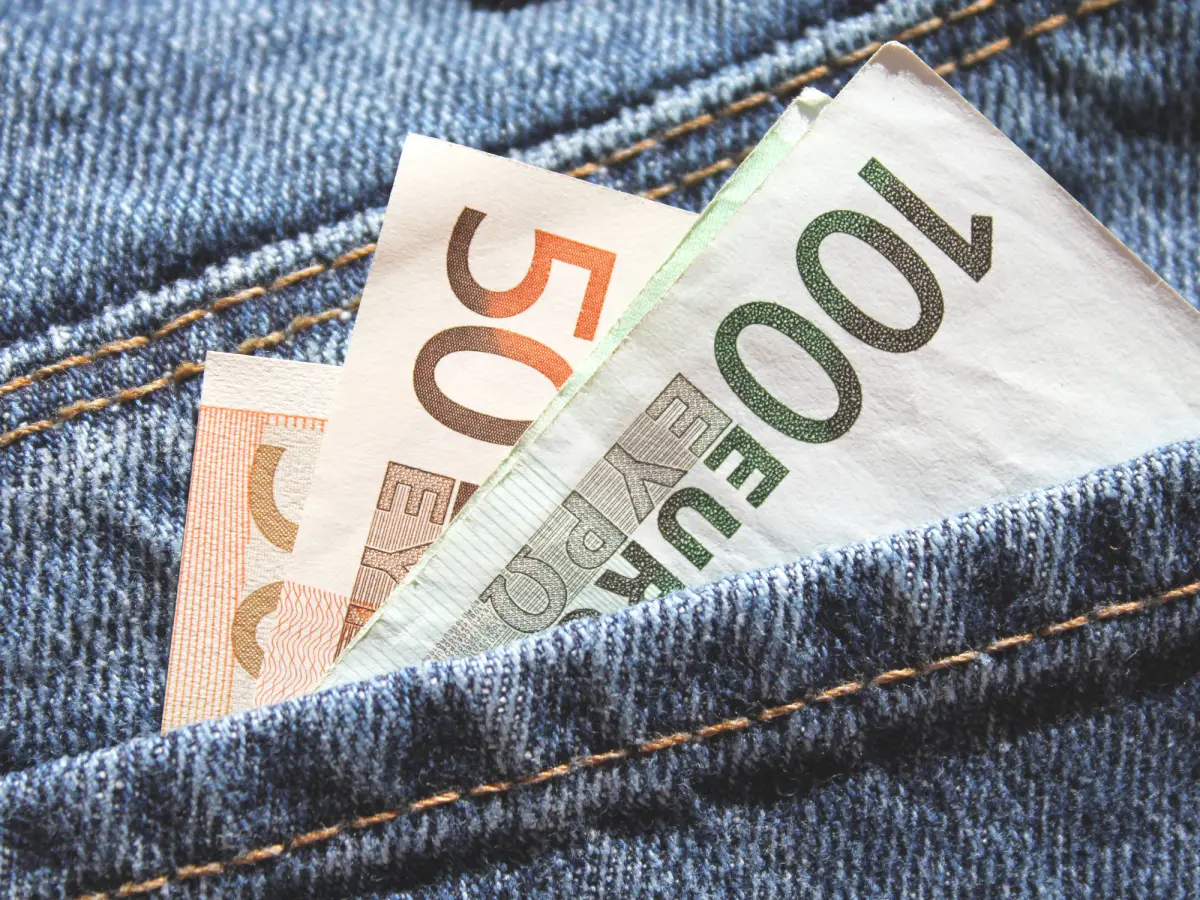Value of the currency, accepted payment methods, tip system… These things can be confusing when you're a foreigner and don't know Europe very well. Here is some basic information for those heading to France for the first time.
Value of the currency, accepted payment methods, tip system… These things can be confusing when you're a foreigner and don't know Europe very well. Here is some basic information for those heading to France for the first time.

The cost of living in France is quite similar to that of its main European neighbours. Since 2002, the Euro has replaced the Franc in various states, which makes it easier to travel between European Union member countries.
Most common payment methods are accepted in France. However, they may be subject to certain specific rules.
In France, tipping is not mandatory as establishments already include a service charge in their prices. Tipping depends on the goodwill of customers, who can tip to show their appreciation of a service of above average quality. You should therefore not feel obligated to tip when you are not satisfied with the waiter, porter, driver or guide.